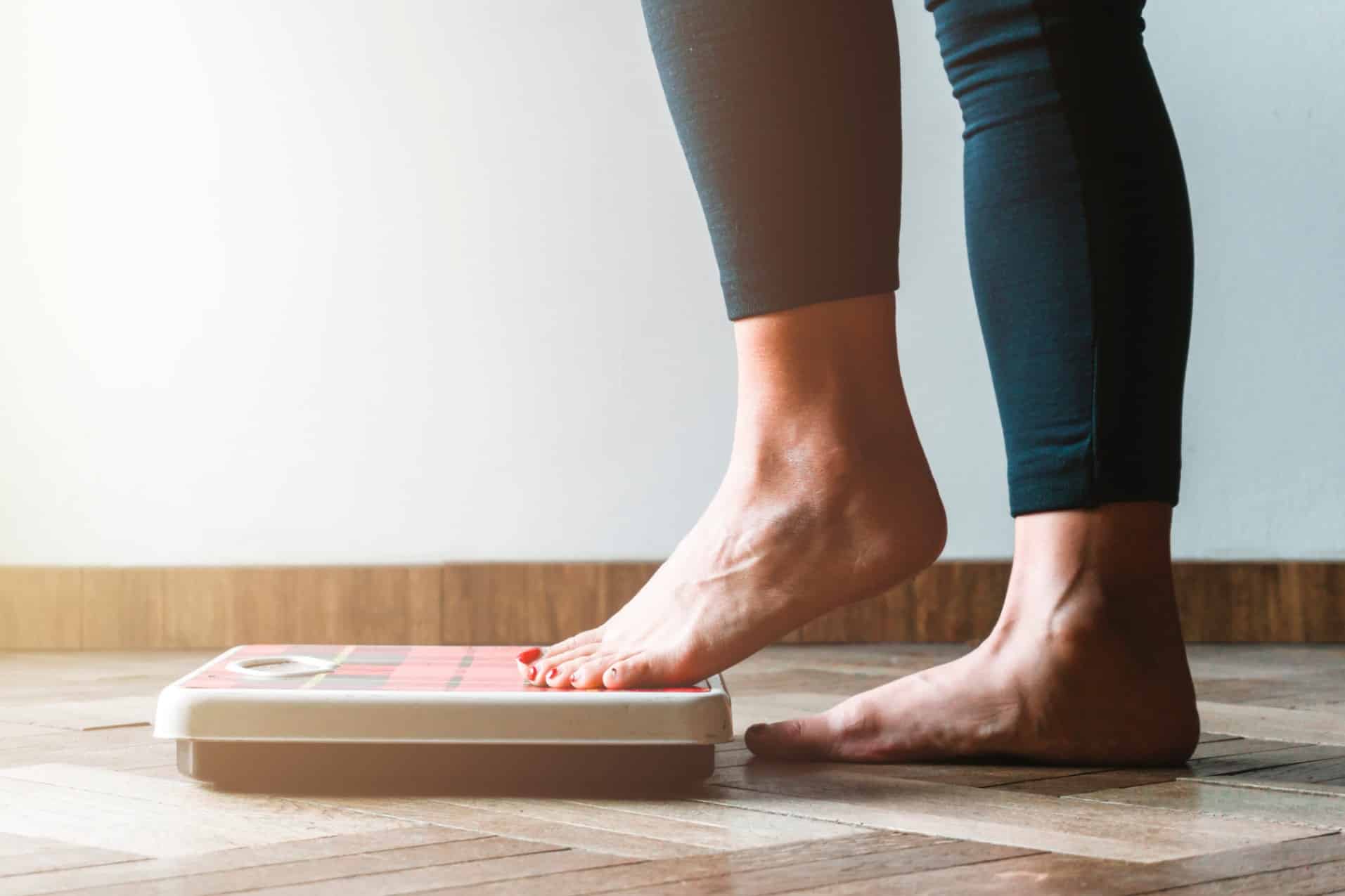
Should You Lose Weight? If so, how much?
These are confusing times. Between the body positivity movement and never-ending media images of thinness, we don’t know which way to turn.
Lizzo is an American singer, rapper, and flutist. She is large, loud, and proud—very vocal about body positivity. She is an advocate for overweight people. The body-positive movement urges people to love their bodies no matter what they look like, and body neutrality focuses on what your body can do for you. A cornerstone of body neutrality is avoiding telling someone how to view their body. It is not our place to judge another’s body.
So, should we give up on dieting? Not necessarily, but we should give up judgment and shame. Stigmas are not helpful to anyone. Insecurity easily leads to giving up on weight loss aspirations. It is a challenge to maintain a positive view of your body if it doesn’t conform to idealized media images. We become self-conscious, and sometimes self-loathing in our skin.
I believe we can strive for radical acceptance of our bodies while we make healthy choices. As much as I endorse body positivity and neutrality, there are instances in which weight jeopardizes health.
Let’s look at the potential costs of obesity. Day-to-day problems related to obesity include breathlessness, increased sweating, snoring, difficulty doing physical activity, often feeling very tired, joint and back pain, general body pain and difficulty with physical functioning, low confidence and self-esteem, feeling isolated, negative impact on social relationships, low quality of life, and mental illness such as clinical depression, anxiety, or other disorders.
Serious health conditions include Type 2 diabetes, high blood pressure, high cholesterol, and atherosclerosis, which can lead to coronary heart disease and stroke, asthma, several types of cancer, including bowel, breast, and womb cancer, gastro-esophageal reflux disease (GORD or GERD), gallstones, reduced fertility, osteoarthritis, sleep apnea, liver disease and kidney disease, pregnancy complications, chronic inflammation, and increased oxidative stress.
Obesity not only contributes to health problems but is a disease in and of itself. It is an epidemic in the US. Obesity is found in almost one-third of U.S. adults and 17% of U.S. children ages 2 to 19. Obesity is estimated to cause approximately 112,000 to 365,000 deaths per year.
So, what should we do? We should strive to be physically fit. We need sufficient energy to keep active throughout the day. We need to be strong and healthy to prevent illness and injury. And we must be flexible and mobile enough to engage in life’s tasks fully and freely.
How much weight do we need to lose? Enough to be active, flexible, strong, and healthy enough to prevent illness and injury. Check out this material from Mayo Clinic for practical guidance on measuring your fitness level with a few simple tests. I recommend you get out a tape measure and stopwatch and see what your body can, and can’t, do. (https://www.mayoclinic.org/healthy-lifestyle/fitness/in-depth/fitness/art-20046433?) Let that be your guide.
I created Goal Keepers: Losing Weight Is One Thing, Keeping It Off Is Another. Follow me on Goal Keepers Support on Facebook. And, you can access a free download of 6 Reasons Why Maintaining Weight Loss is so Difficult at https://www.goalkeepersupportgroup.com.
